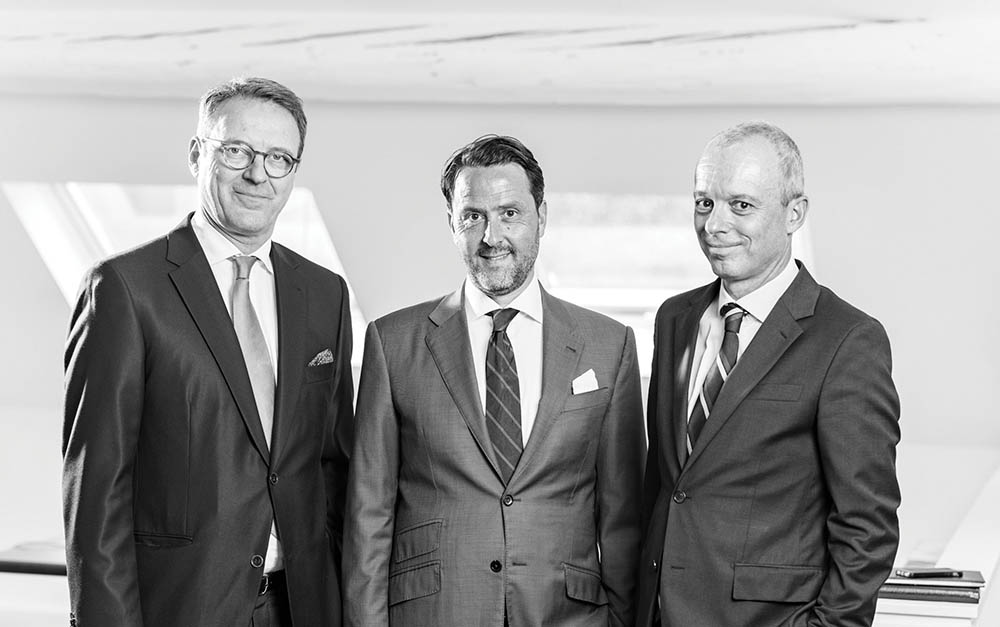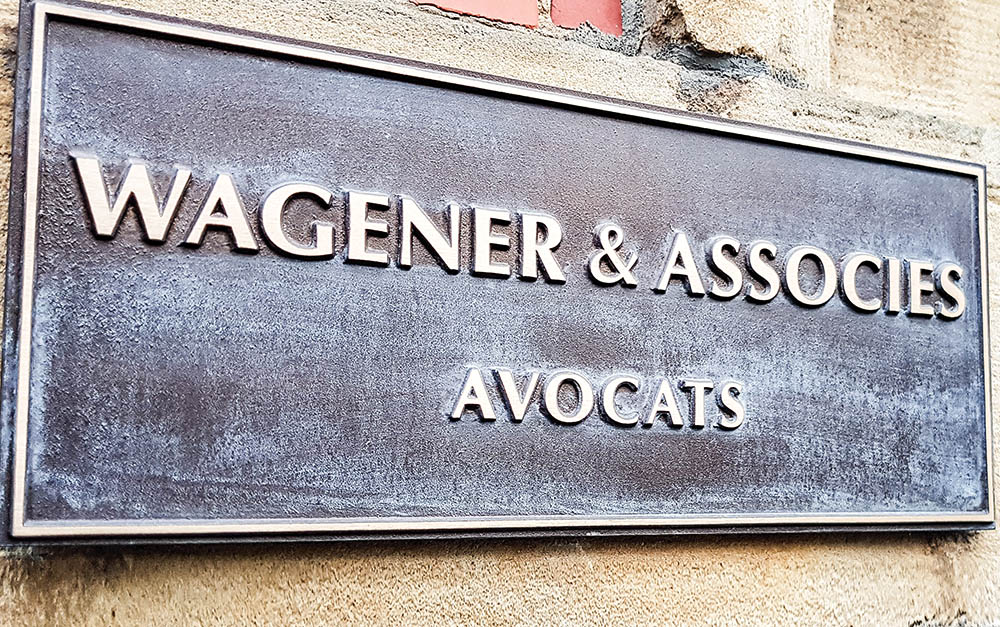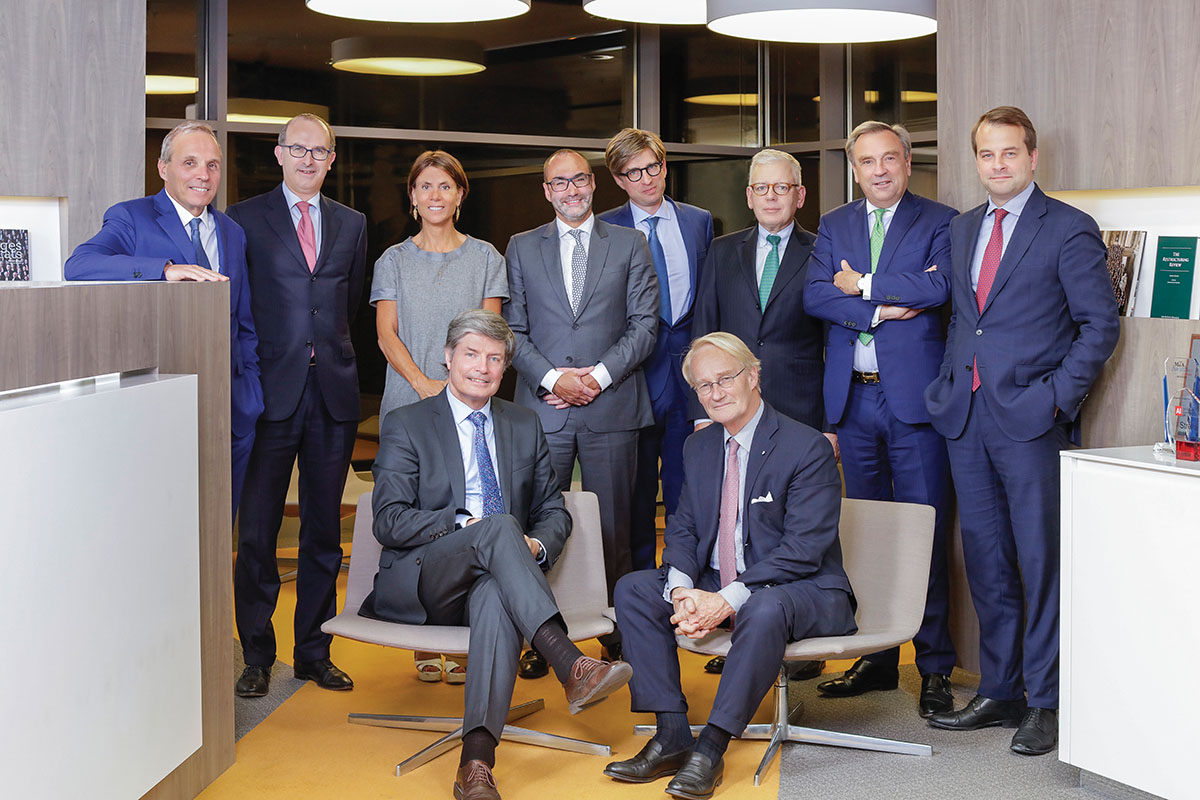Simont Braun: ‘Many businesses aren’t aware of the importance of intellectual property’
Text: Anna Villeleger | Photos: Simont Braun

Small- and medium-sized enterprises (SMEs) are playing a very important role in Belgian business, and in this increasingly knowledge- and tech-driven economy the importance of protecting intellectual property (IP) is high. From inventions and designs, to company names and images used in commerce, there are numerous aspects for a business to consider. To find out more on the subject, we spoke to Brussels-based law firm Simont Braun, whose expertise includes patents, trademarks, copyright, designs, trade secrets, and much more.
“There are more than one million SMEs in Belgium,” begins Steven Callens, managing partner who specialises in M&A. “At some point in their life, many of these SMEs are confronted with a third-party investor; this can be to assist their growth (e.g. funding of start-ups) or when a company is sold. Concerns related to IP often arise.

“When you are looking to attract an external financier or sell your business, you have to open up your books and show them to the investor or buyer in a so-called ‘due diligence investigation’.”
“Many businesses aren’t aware of the importance of their IP and the protection thereof,” adds Emmanuel Cornu, partner and an expert in IP. During a due diligence investigation more and more of the IP is thoroughly scrutinised: are the trademarks sufficiently protected, who has the ownership and is entitled to the IP rights, does the company hold the registrations of the domain names it uses?”
“An important thing to consider is the transfer of rights by employees, freelancers or research centres when working on inventions,” concludes IP partner Eric De Gryse. “Inventions are often the fruit of a collaboration between the company and freelancers or universities. In such cases, attention is to be paid to the proper licensing or transfer of the IP rights from these freelancers or universities to the company.”

“Another point of attention is to know precisely who holds the IP rights. Sometimes in groups of companies, one dedicated company holds the IP rights for the rest of the group. When part of such group is later sold off, it has to be made sure that all necessary rights are granted or transferred to the sold-off business so that it can continue its activities,” points out Callens, referring to the well-known trademark dispute when Volkswagen acquired Rolls-Royce. In 1998, Volkswagen had acquired all assets to manufacture Rolls-Royces but overlooked including the right to use the Rolls-Royce trademark, and therefore could not brand the cars as Rolls-Royces. This case underlines the critical importance of IP in making an M&A deal a success.
Web: www.simontbraun.eu
Subscribe to Our Newsletter
Receive our monthly newsletter by email




